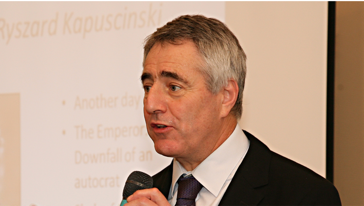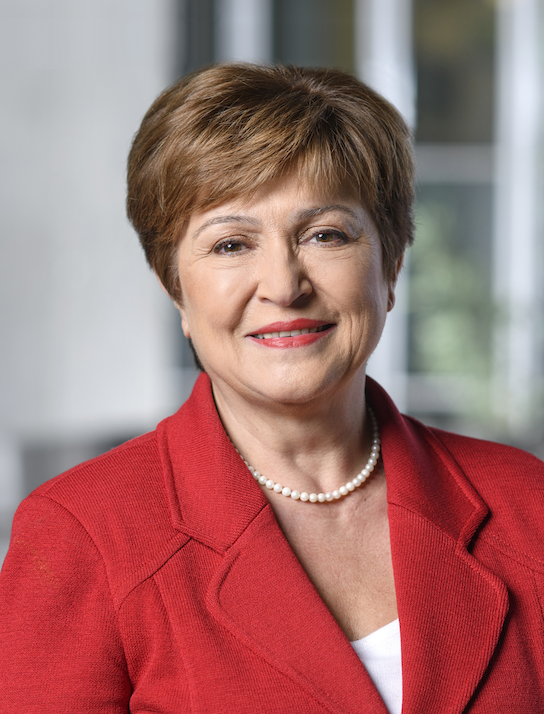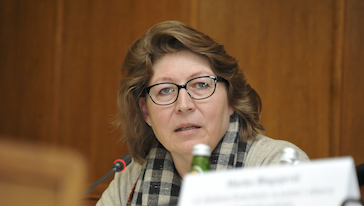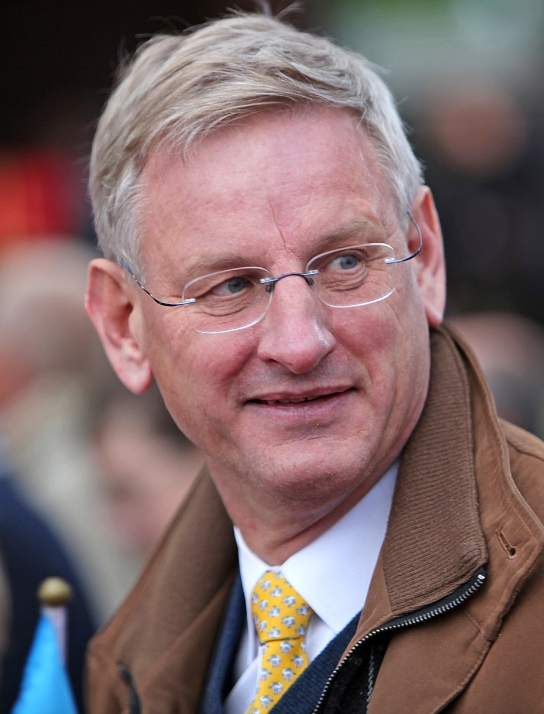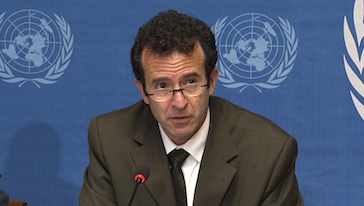The event was open by the Rector of Sofia University Prof. Ivan Ilchev, who underlined the significance of the issue of development for Bulgaria and the world as a whole.
After the opening words Commissioner Georgieva delivered a lecture on the topic: “Influence of the Changing World Over the European Reaction to Crises”. She presented the current trends of economic development around the world with an emphasis on the growing risks of instability fueled by natural and social cataclysms in Middle East, Africa, and some areas in Southeast Asia and Latin America. The Commissioner analyzed the ongoing conflict in Libya as a case study and explained the measures undertaken by the European Union such as:
– Evacuation of the European Citizens,
– Humanitarian operations,
– Coordination mechanisms.
She paid special attention to the increasing number of natural disasters in the world in 2010, mainly connected with climate issues (90%), among which several mega disasters, as well as large-scale industrial accidents. Apart from climate change, the other major factor for the growth of crises worldwide appeared to be the growth of population and the resulting high levels of unemployment. The third outlined factor is growing urbanization.
Complex crises were discussed as well. In response to the complex crises, Georgieva presented a complex model for counteraction based on humanitarian aid networks, uniform system for reaction, complex risk prevention, and aid aimed at development.
Following Mrs. Georgieva, Sir Simon Maxwell made a short outline of the works of Ryszard Kapuscinski. He stressed on contemporary humanitarian risks and their impact. Given the complexity of the interconnected risk factors, Maxwell suggested a global partnership for development based on open and stable trading and financial systems, special attention to the least developed areas especially concerning their debts, access to medications and new technologies. In the framework of such partnership, Europe has a comparative advantage. In conclusion, Sir Maxwell presented the attitudes of European citizens towards the provision of foreign aid and the future benefits for the world from providing aid for sustainable development.
The third speaker, Mr. Andrey Kovachev, MEP, presented the role of Bulgaria in the process of development as well the tasks the country should undertake in that field.

